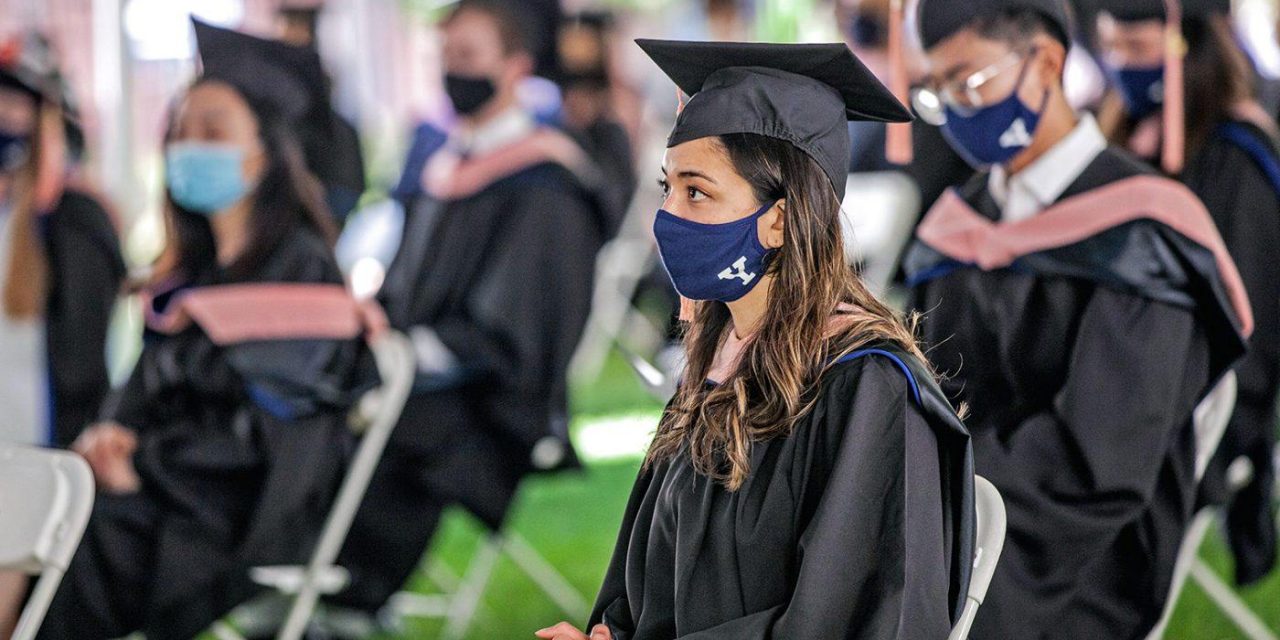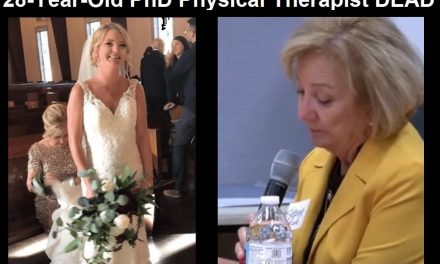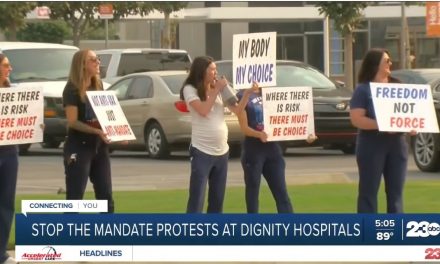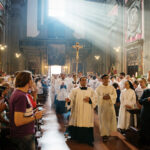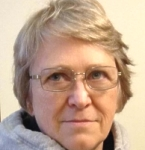How an Anonymous Reporting System Made Yale a COVID ‘Surveillance State’
by Aaron Sibarium
The Washington Free Beacon
Excerpts:
Since the beginning of the pandemic, Yale University has required all students to mask indoors in public spaces. But it was 9:30 p.m on a Saturday night, and the library was deserted. With no one within at least 150 feet of him, a Yale senior decided to relax with a movie—and without a mask.
It got him reported to the school’s COVID hotline.
According to the Yale senior, another student walked into the library and demanded he mask up. Since he didn’t have one on him, the senior said he would leave. As he was gathering his belongings, the other student pulled out her phone and began filming him. When the senior asked for her name, the student raised her middle finger and stormed off.
Two days later, he received a notice from the Yale administration that he had been reported for violating the school’s “Community Compact,” a set of rules put in place to “promote the health and safety of all community members.” The student was given 24 hours to provide the “Compact Review Committee” with “any relevant information” he would like it to consider during the official “evaluation” of his conduct. He was ultimately found guilty of a violation and threatened with a “public health withdrawal.”
“The [committee] has determined that your conduct posed a risk to the health and safety of yourself or other community members,” the university wrote the student two weeks later. “Should you continue to engage in behavior that violates the Yale Community Compact, you will be placed on Public Health Warning and may face more serious outcomes, including the removal of permission to be on campus.”
According to university documents reviewed by the Washington Free Beacon, the incident in the library took place on December 4, 2021—the same night 1,000 maskless students gathered for Yale’s annual holiday dinner. A ritzy Yale tradition that had been canceled in 2020, the dinner featured lobster-laden ice sculptures and a parade of mostly masked dining hall workers, who marched the decadent culinary spread through a packed crowd of students, according to a video posted of the evening’s festivities.
The episode offers a window into the intrusive and often inconsistent enforcement of Yale’s COVID rules, which, as one student put it, “made campus feel like a surveillance state.” The rules were put in place before the existence of vaccines but have persisted long after, relaxing or tightening as case counts fluctuate and new variants erupt.
When Delta hit, the university banned “close contact greetings” at club sporting events, “including handshakes, hugs, and high-fives.” And in anticipation of Omicron, it ordered students to “avoid” local businesses and outdoor restaurants until at least Feb. 7, warning that the “campus-wide quarantine” could “extend beyond that date if on- or off-campus COVID-19 rates are high.”
The rules increasingly feel like overkill, several students told the Free Beacon, and adherence to them has grown spotty at best. But while there have been scattered complaints about the restrictions’ toll on mental health, there has not been much organized opposition to the restrictions themselves.
That quiescence is not a coincidence. Rather, it is the product of an anonymous reporting system that has turned students into informants, encouraging them to snitch on their peers for the most mundane infractions, according to those who’ve lived under the rules for nearly two years. The result is what one student called “a silenced majority” of undergraduates, who oppose the restrictions but fear the “shame” and “administrative consequences” of speaking out.
COVID has normalized such surveillance throughout higher education. Many institutions, including Northwestern University, Carnegie Mellon University, Johns Hopkins University, Brown University, and Harvard University, have set up online forms and hotlines for students to anonymously report COVID “safety” violations.
Yale is a microcosm of the culture these policies are creating. For some students, it is also an ominous preview of what will happen when their peers graduate, as the norms of the ivory tower diffuse into the wider world.
Continue reading the article at The Washington Free Beacon.
Comment on this article at HealthImpactNews.com.

